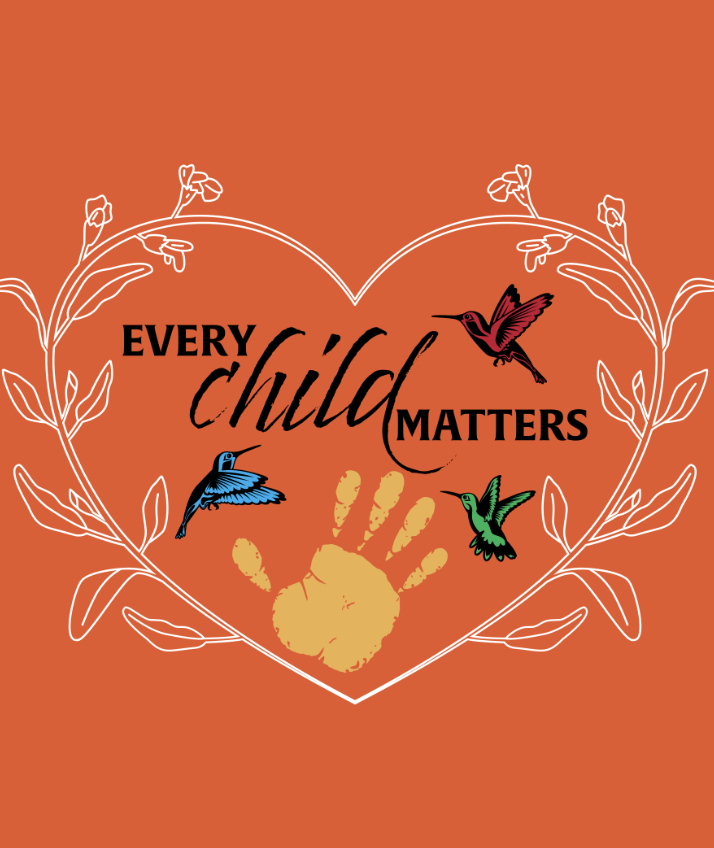
- Details
- By National Native American Boarding School Healing Coalition
In recognition of the National Day of Remembrance for U.S. Indian Boarding Schools, observed each year on September 30, the National Native American Boarding School Healing Coalition (NABS) honors the lives of Native children taken from their families, remembers those who never returned home, and stands with survivors, their descendants, and Tribal Nations who continue to carry the weight of this history.
From the early 1800s through the mid-20th century, the U.S. Indian boarding school system sought to erase Native identity by forcibly removing children from their homes, languages, and cultures. Many endured neglect, abuse, and deep loss; thousands never made it back to their families. The generational trauma caused by these institutions continues to impact Native Nations today.
“We remember the children who never made it home, and we honor the survivors whose strength ensures their stories are not forgotten. They remain always in our hearts.” said NABS Chief Executive Officer Deborah Parker (Tulalip Tribes). “The Day of Remembrance brings us together to honor a painful history while reaffirming our collective commitment to truth, justice, and healing within our communities.”
As the Nation confronts this painful chapter in history, the National Native American Boarding School Healing Coalition urges all Americans to learn about the enduring impacts of the boarding school system and to actively support efforts that promote healing and justice for Native communities.
“We honor the lives forever impacted by this painful legacy, recognize the courage and strength of Survivors and Native communities, and reaffirm our shared responsibility to support healing, truth, and understanding,” said NABS Board President, Chief Benjamin Barnes (Shawnee Tribe).
NABS encourages communities across the country to take part in events, conversations, and actions that promote truth, healing, and understanding. By coming together, we can honor survivors, amplify their voices, share their stories, and support their healing journeys.
Below are five simple yet meaningful ways to observe the Day of Remembrance for Indian Boarding Schools (Orange Shirt Day):
-
Wear Orange – Put on an orange shirt to honor survivors and remember those who never came home. Share why you’re wearing it to spark conversations.
-
Learn and Share – Take time to learn about the history and impact of Indian boarding schools, then share resources or stories with friends, family, or on social media.
-
Support Survivors – Donate to the National Native American Boarding School Healing Coalition (NABS) to help fund truth, healing, and justice efforts.
-
Create Space for Reflection – Observe a moment of silence, light a candle, or attend a remembrance event in your community.
-
Uplift Native Voices – Read books, listen to podcasts, or watch films created by Native authors and filmmakers, and recommend them to others.
To learn about the impact of U.S. Indian Boarding Schools, and to explore organizations, states, and communities that support and honor the Day of Remembrance, please visit boardingschoolhealing.org.
Help us defend tribal sovereignty.
At Native News Online, our mission is rooted in telling the stories that strengthen sovereignty and uplift Indigenous voices — not just at year’s end, but every single day.
Because of your generosity last year, we were able to keep our reporters on the ground in tribal communities, at national gatherings and in the halls of Congress — covering the issues that matter most to Indian Country: sovereignty, culture, education, health and economic opportunity.
That support sustained us through a tough year in 2025. Now, as we look to the year ahead, we need your help right now to ensure warrior journalism remains strong — reporting that defends tribal sovereignty, amplifies Native truth, and holds power accountable.
 The stakes couldn't be higher. Your support keeps Native voices heard, Native stories told and Native sovereignty defended.
The stakes couldn't be higher. Your support keeps Native voices heard, Native stories told and Native sovereignty defended.
Stand with Warrior Journalism today.
Levi Rickert (Potawatomi), Editor & Publisher

